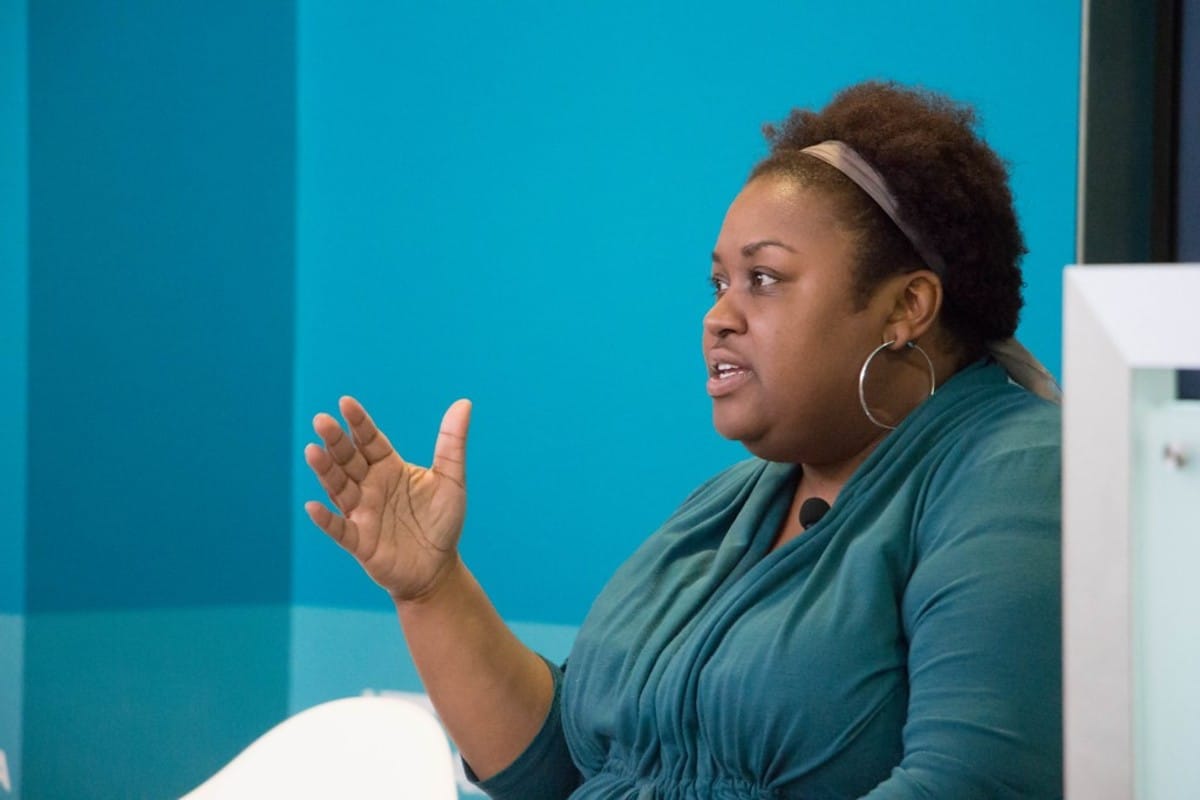Aspen Institute Panelists Discuss Technology’s Role in Combatting Mental Illness
August 13, 2020 — As a result of 2020’s myriad challenges, including the COVID-19 pandemic, widespread economic instability and a societal reckoning with inequality, mental health issues are on the rise across various populations. This moment of heightened loneliness and mental health crises unders












Member discussion